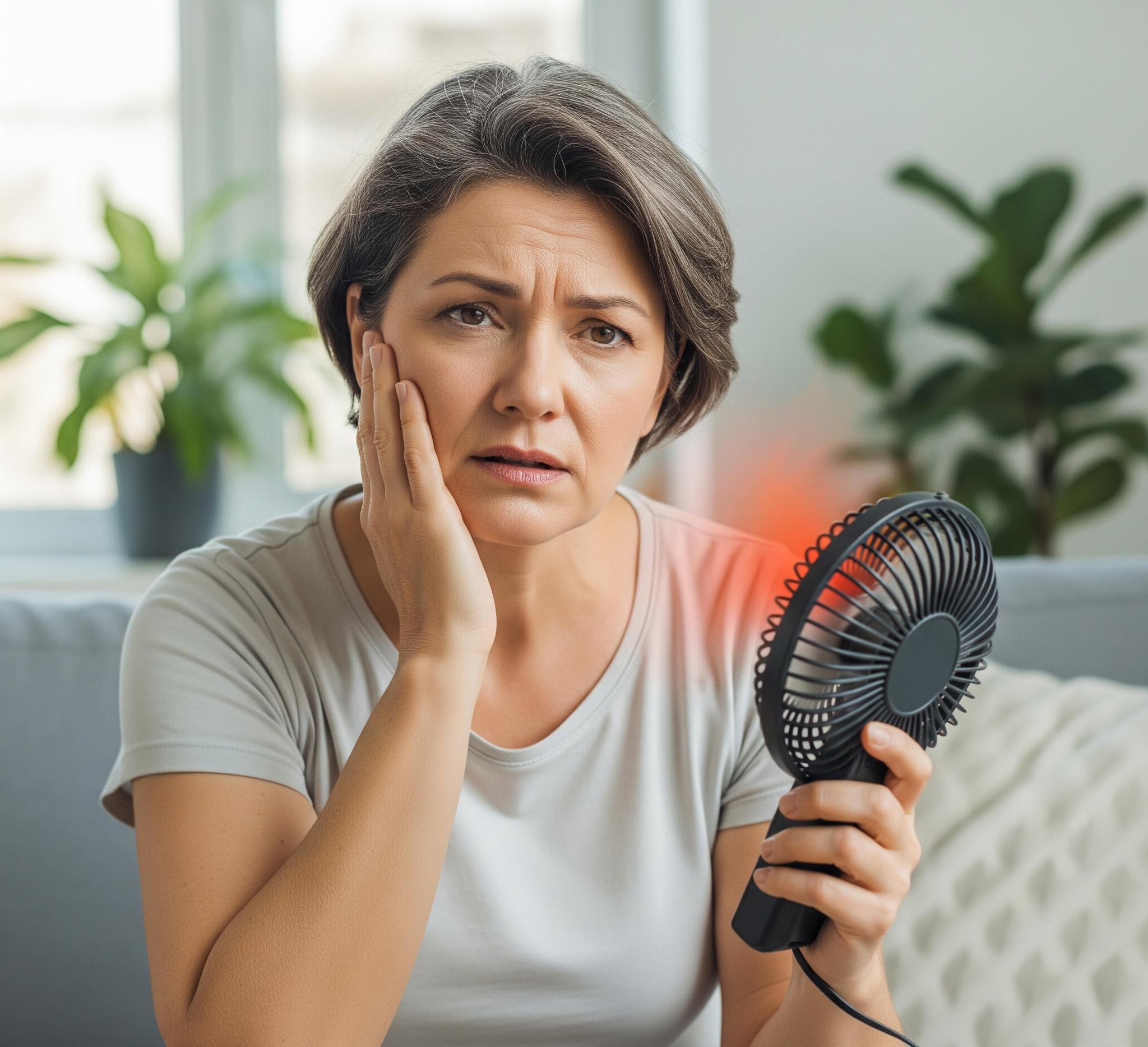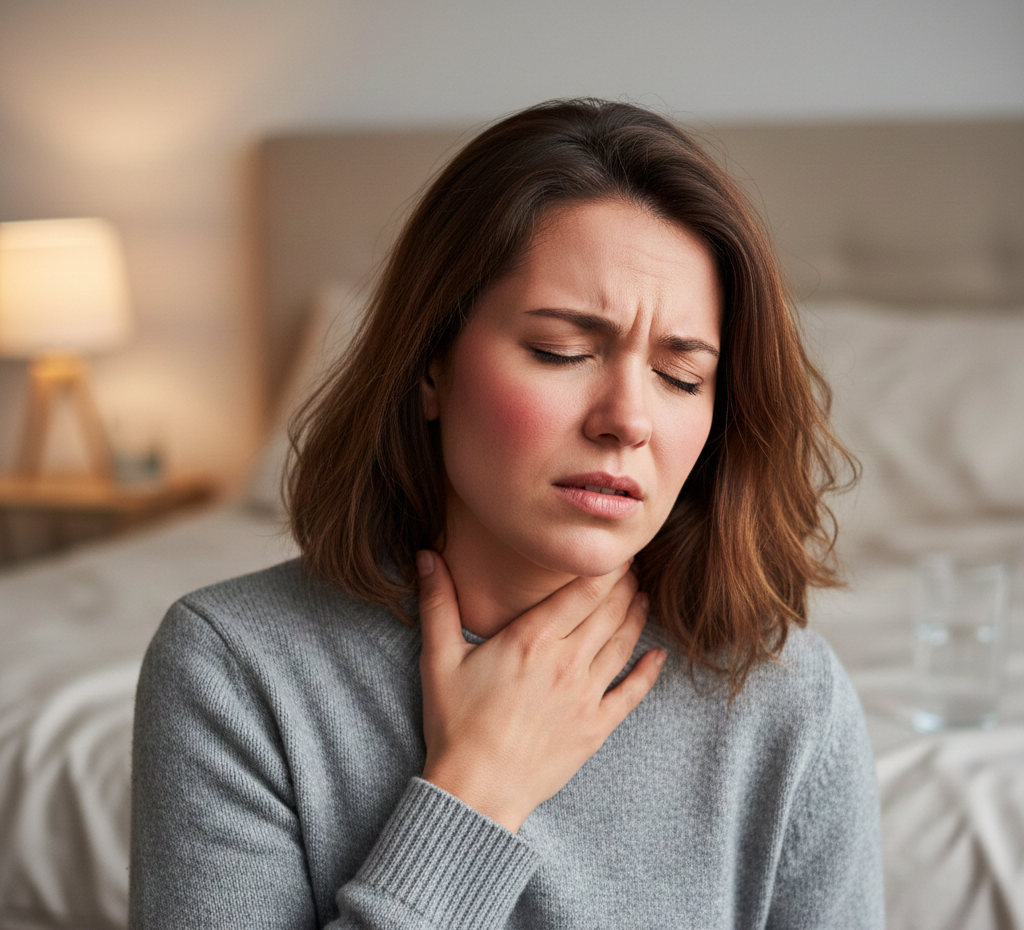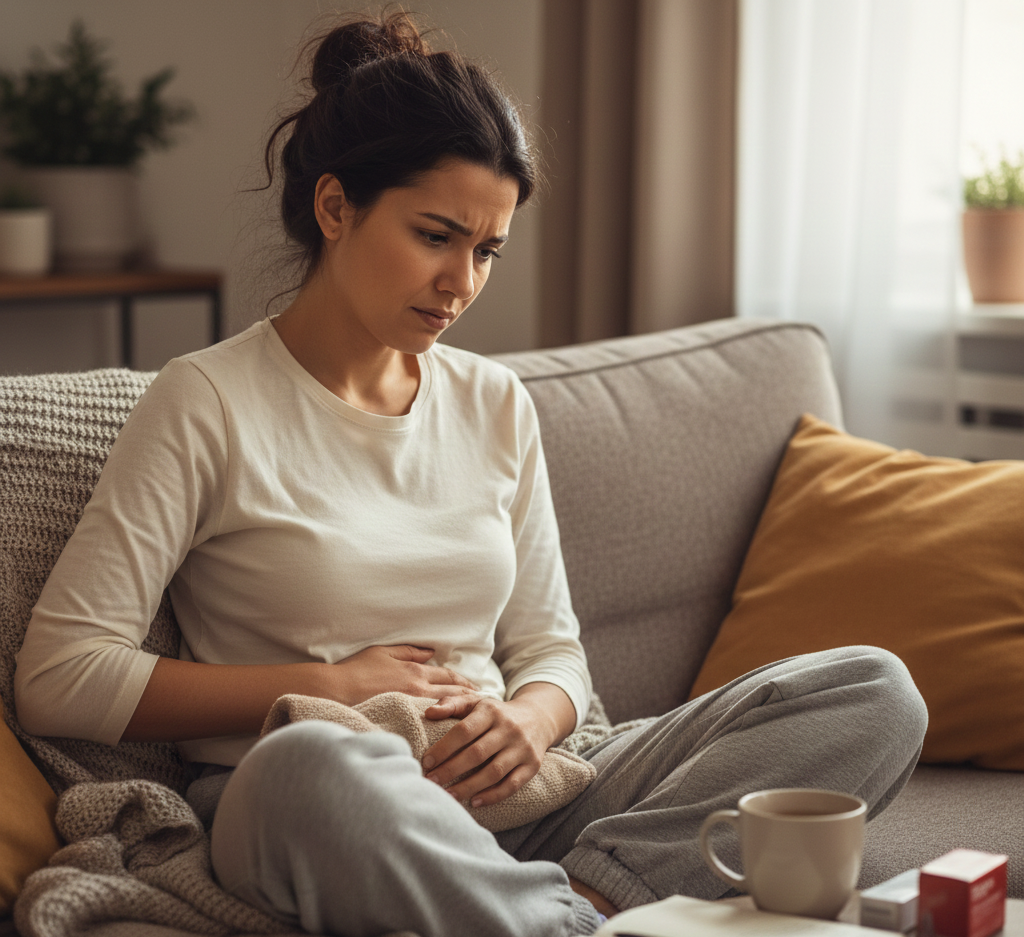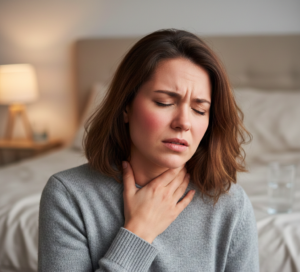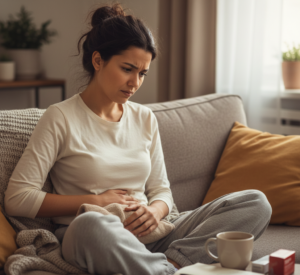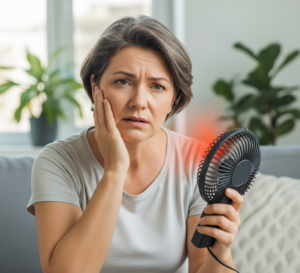Menopause: Symptoms, Causes & Treatment Options
Menopause is a natural biological process marking the end of a woman’s menstrual cycles, typically occurring between 45-55 years. It’s officially diagnosed after 12 consecutive months without a period.
Check out our affiliate products to help you reach your goals! – Click Here
Common Symptoms
Physical Changes
- Hot flashes (sudden heat waves)
- Night sweats & sleep disturbances
- Vaginal dryness & pain during sex
- Urinary incontinence
- Weight gain (especially abdominal)
Emotional/Mental Effects
- Mood swings & irritability
- Anxiety or depression
- Memory lapses (“brain fog”)
3 Stages of Menopause
- Perimenopause (2-10 years before menopause)
- Irregular periods begin
- Symptoms first appear
- Menopause (12+ months without periods)
- Ovaries stop releasing eggs
- Postmenopause
- Symptoms may ease
- Higher osteoporosis/heart disease risk
Causes & Risk Factors
- Natural aging (ovarian function decline)
- Hysterectomy/oophorectomy (surgical menopause)
- Chemotherapy/radiation
- Early menopause (before 40) linked to:
- Smoking
- Family history
- Autoimmune diseases
Check out our affiliate products to help you reach your goals! – Click Here
Treatment Approaches
1. Hormone Therapy (HT)
- Estrogen + progesterone (for women with uterus)
- Estrogen-only (after hysterectomy)
- Benefits: Reduces hot flashes, prevents bone loss
- Risks: Slight increase in breast cancer/stroke (lowest effective dose recommended)
2. Non-Hormonal Options
- SSRIs (e.g., paroxetine for hot flashes)
- Gabapentin (nerve pain medication)
- Vaginal moisturizers (for dryness)
3. Lifestyle Management
- Cooling strategies: Layer clothing, use fans
- Exercise: Weight-bearing + yoga
- Diet: Calcium/Vitamin D, phytoestrogens (soy, flaxseeds)
- Stress reduction: Meditation, CBT
Complications to Monitor
- Osteoporosis (bone density scans recommended)
- Cardiovascular disease (cholesterol checks)
- Metabolic changes (monitor blood sugar)
Check out our affiliate products to help you reach your goals! – Click Here
When to Seek Help
- Symptoms disrupt daily life
- Unusual bleeding post-menopause
- Severe depression/anxiety
Note: For personalized medical advice, always consult a healthcare professional.
